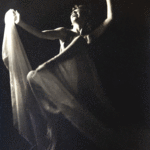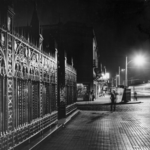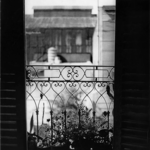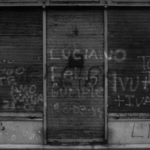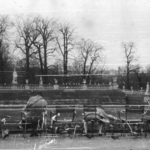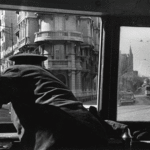Iaros (Iaroslav Koazk)
Bio
Known as Iaros, his biography slips away, full of gaps, in an opaque and mysterious character. Of Ukrainian origin, he was part of the Buenos Aires bohemian scene during the sixties and seventies. He used to frequent the Di Tella, as well as the bars where young people gathered to discuss art and politics: the Bárbaro, the Moderno, the Caracol, among others. Iaros became a silent witness of that scene. Those who knew him agree that he ended up in a psychiatric hospital, and at some point in the early nineties his trace was lost. His photography would have been forgotten had it not been for a briefcase that Rómulo Macció -his friend from bars and neighbor of La Boca- rescued from the pension he was living when he was taken away.
In his work dominates black and white images of Buenos Aires, its inhabitants, its streets, its bars, with a certain disturbing distance. Sometimes, by means of reflections or transversal cuts in the compositions, he creates dislocated spaces and interruptions that make the real ungraspable. As enigmatic as his self-portraits, in which he creates multiple fictions of himself to make his figure even more elusive. In 2022 Vasari published the book "Iaros" about his work.


2.5 x 4m / 98.4 x 157 in



